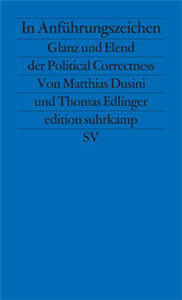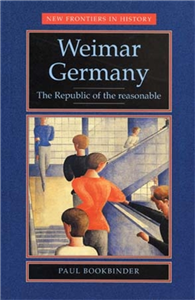Alter ediciones
We are an independent publisher, founded at the beginning of 2009 in the city of Montevideo, the southernmost capital of America. Throughout the years, we have been publishing fictional and non-fictional narratives, children’s books, political essays as well as photography books, under the collections named: Us (Nosotros), Stone like You (Piedra como tú), Walter’s Library (Biblioteca de Walter) and About Narratives (De Narrativa). Our titles are issued in printed and digital versions, which can be found at digital stores such as Amazon and Bajalibros, among digital libraries and the main bookstores in Uruguay, Argentina and Chile. In addition, some of our books were translated into Italian and Portuguese. In the last few years, we have applied new technologies to develop products for the publishing sector. We created the webBook Digital Educational Contents (Contenidos educativos digitales) and the appbook Professions’ Factory (Fábrica de oficios), among other projects that are currently underway in this area. All our production is self-managed and strongly independent. The books we make are carefully thought through. In every release, the aesthetic care put in the edition, its narrative, illustrations, and photographs, seek to create an attractive object, aimed to inspire the desire to be included in every library.
View Rights Portal





























